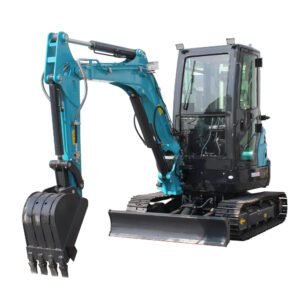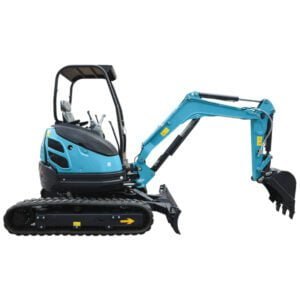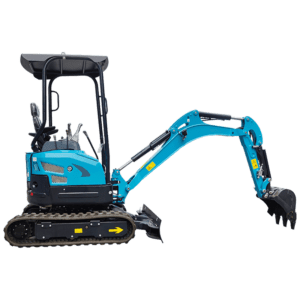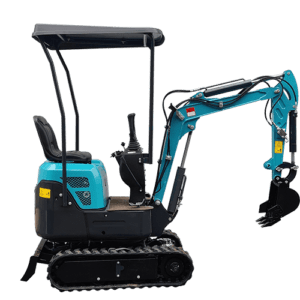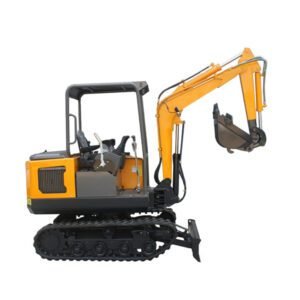Email: [email protected] Whatsapp: 8618266768780
Baggergeschwindigkeit: Faktoren, die die Leistung beeinflussen
Willkommen auf meinem Blog!
Bevor wir uns in die Inhalte vertiefen, würde ich mich freuen, wenn Sie mir auf meinen Social-Media-Plattformen folgen, wo ich weitere Einblicke gebe, mit der Community interagiere und Updates poste. So können Sie mit mir in Kontakt treten:
Facebook: https://www.facebook.com/profile.php?id=100072217509763
LinkedIn: https://www.linkedin.com/company/74949059/admin/dashboard/
YouTube:www.youtube.com/@tractormanufacturer-lc5qz,www.youtube.com/@excavatormanufacturers-sn9hk
TikTok: www.tiktok.com/@tractormanufacturer, www.tiktok.com/@excavatormanufacturers
Lassen Sie uns nun gemeinsam unsere Reise beginnen. Ich hoffe, Sie finden die Inhalte hier aufschlussreich, spannend und wertvoll.
Einführung
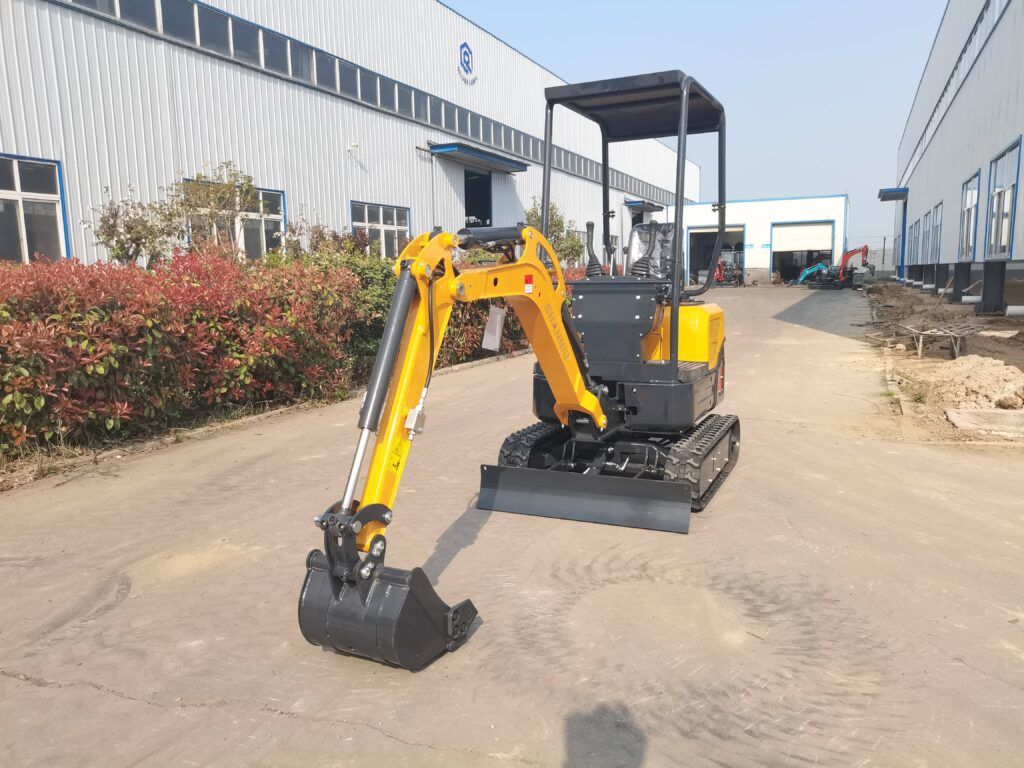
Understanding Excavator Speed
Die Baggergeschwindigkeit ist ein entscheidender Leistungsindikator, der sich direkt auf die Produktivität auf Baustellen auswirkt. Sie wird durch ein komplexes Zusammenspiel von Faktoren beeinflusst, darunter das Design der Maschine, die Fähigkeiten des Bedieners und die spezifischen Arbeitsanforderungen. Dieser Blogbeitrag befasst sich mit den wichtigsten Elementen, die zur Geschwindigkeit eines Baggers beitragen, und bietet Einblicke, wie die Leistung optimiert werden kann.
Einflussfaktoren Excavator Speed
A Multitude of Factors Influencing Excavator Speed
The speed at which an excavator can perform its tasks is a complex interplay of numerous factors. From the intrinsic design of the machine to the extrinsic conditions of the job site, each element contributes to the overall performance. These factors can be broadly categorized into machine-related elements, operator-related elements, and environmental factors.
Unraveling the Factors Behind Excavator Speed
Excavator speed, a critical metric in construction productivity, is influenced by a variety of interconnected factors. These factors can be categorized into machine design, operational conditions, and environmental influences. Understanding these factors is essential for optimizing excavator performance and maximizing productivity on construction sites.
The Many Variables Affecting Excavator Performance
Excavator speed is not a static value, but rather a dynamic variable influenced by a multitude of factors. These factors can be grouped into three primary categories: machine design, operator skill, and site conditions. By delving into these categories, we can gain a deeper understanding of the elements that contribute to an excavator’s speed and efficiency.
Effizienz des Hydrauliksystems
Optimizing Hydraulic System Efficiency for Maximum Excavator Performance
The hydraulic system, the lifeblood of an excavator, plays a pivotal role in determining overall machine performance. Its efficiency is influenced by a complex interplay of factors, including pump design, valve configuration, and fluid properties. A well-optimized hydraulic system ensures minimal energy loss, rapid response times, and precise control of the excavator’s movements.
The Impact of Hydraulic System Efficiency on Excavator Speed
The efficiency of an excavator’s hydraulic system is a direct determinant of its operating speed. A hydraulic system that is designed and maintained optimally will minimize pressure drops, reduce internal leakage, and ensure efficient fluid flow. These factors directly contribute to faster cycle times and increased productivity.
Delving Deeper into Hydraulic System Efficiency
Hydraulic system efficiency is a critical factor influencing excavator speed. Factors such as pump displacement, valve spool design, and fluid viscosity all impact the system’s ability to convert hydraulic power into mechanical work. Optimizing these factors can lead to significant improvements in excavator performance.
Undercarriage Design
The Crucial Role of Undercarriage Design in Excavator Performance
The undercarriage of an excavator, often overlooked, is a critical component that directly influences the machine’s stability, maneuverability, and overall performance. Factors such as track type, roller configuration, and ground engagement profile significantly impact the excavator’s ability to traverse various terrains and withstand demanding working conditions.
Optimizing Excavator Performance Through Undercarriage Design
Undercarriage design is a multifaceted aspect of excavator engineering that significantly impacts the machine’s speed, stability, and durability. By carefully considering factors such as track width, roller spacing, and ground pressure, manufacturers can tailor undercarriages to specific applications and operating conditions.
A Deep Dive into Undercarriage Design
The undercarriage of an excavator is more than just a support structure; it is a finely tuned system that enables the machine to perform its tasks efficiently. The design of the undercarriage, including components such as tracks, rollers, and sprockets, directly influences factors such as traction, ground clearance, and turning radius.
Work Tool Selection
Tailoring Work Tools to the Task at Hand
The choice of work tool for an excavator is a critical decision that significantly impacts its productivity and efficiency. Factors such as the material being excavated, the desired outcome, and the working environment must be carefully considered when selecting a work tool. A wide range of attachments are available, each designed to optimize performance for specific applications.
The Impact of Work Tool Selection on Excavator Performance
Work tool selection is a fundamental aspect of excavator operation. The right work tool can dramatically improve productivity, reduce operating costs, and enhance the overall efficiency of the machine. From buckets to breakers, the choice of attachment is influenced by factors such as the material being handled, the required force, and the desired level of precision.
Matching the Right Tool to the Job
The diversity of work tools available for excavators underscores the versatility of these machines. However, selecting the appropriate tool for a given task is essential for optimal performance. Factors such as the material’s density, the required depth of excavation, and the desired finish all play a role in tool selection.
Operator Skill
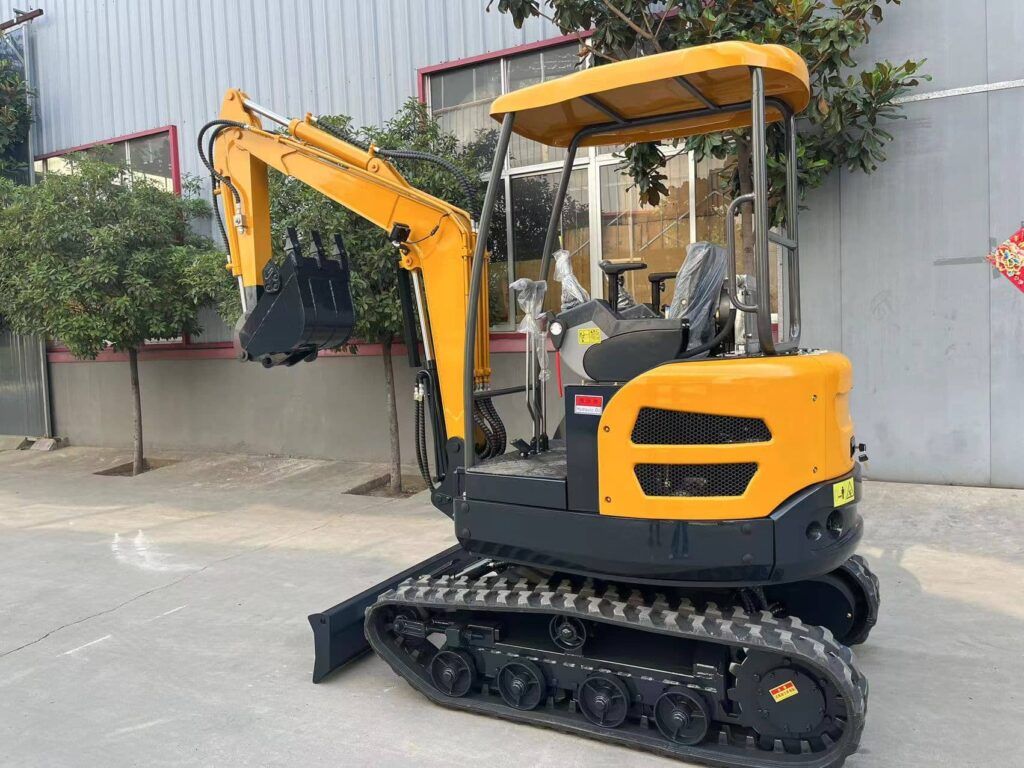
The Human Factor: The Impact of Operator Skill
While the machine itself plays a crucial role in excavation performance, the skill and experience of the operator are equally important. A skilled operator can maximize the potential of even the most basic machine, while a novice operator can quickly diminish the efficiency of a high-performance excavator. Factors such as experience, training, and understanding of machine controls all contribute to operator skill.
Beyond the Machine: The Importance of Operator Proficiency
The operator is the interface between the machine and the task at hand. Their skill level directly influences the excavator’s productivity, safety, and overall efficiency. Factors such as knowledge of machine controls, understanding of ground conditions, and ability to plan work sequences all contribute to operator proficiency.
The Human Element in Excavation
The human factor is a critical component of excavator operation. A skilled operator can make subtle adjustments to machine controls that can significantly improve performance. Factors such as hand-eye coordination, spatial awareness, and problem-solving abilities all contribute to operator skill.
Improving Excavator Speed
- Regelmäßige Wartung: A well-maintained excavator will operate more efficiently and reliably.
- Hydraulic Fluid Quality: Using high-quality hydraulic fluid and adhering to recommended service intervals can prevent performance issues.
- Operator Training: Providing operators with regular training can improve their skills and safety.
- Matching Machine to Task: Selecting the right excavator for the job is crucial. Oversized or undersized machines can lead to reduced productivity.
Fazit
Excavator speed is a complex topic influenced by numerous variables. By understanding the factors that affect speed and implementing strategies to optimize performance, contractors can improve productivity and reduce costs. Regular maintenance, operator training, and proper machine selection are essential for maximizing excavator efficiency.
FAQ
- What is the fastest Bagger in the world?
There is no definitive answer to this question as speed can vary depending on the specific task and conditions. However, some high-performance excavators are designed for speed and efficiency. - How can I increase the speed of my excavator?
Several factors can affect excavator speed, including engine power, hydraulic system efficiency, and operator skill. To increase speed, consider upgrading the engine, optimizing the hydraulic system, and providing additional training for operators. - What is the difference between digging speed and travel speed?
Digging speed refers to the rate at which an excavator can dig and load material, while travel speed refers to the speed at which the excavator can move from one location to another.
Über uns
Shandong Qilu Industrial Co., Ltd. ist ein professioneller Hersteller und Exporteur, der die Entwicklung und Produktion von Baggern, Ladern und Traktoren integriert. Wir bieten absolut den besten Service.
kürzliche Posts
Video-Demo
-1.png)
Kontaktiere uns heute!
Haben Sie eine Frage, ein Angebot oder eine Anfrage? Klicken Sie auf die Schaltfläche, um eine Nachricht zu senden.
Qilu Industrial ist immer für Sie da.

